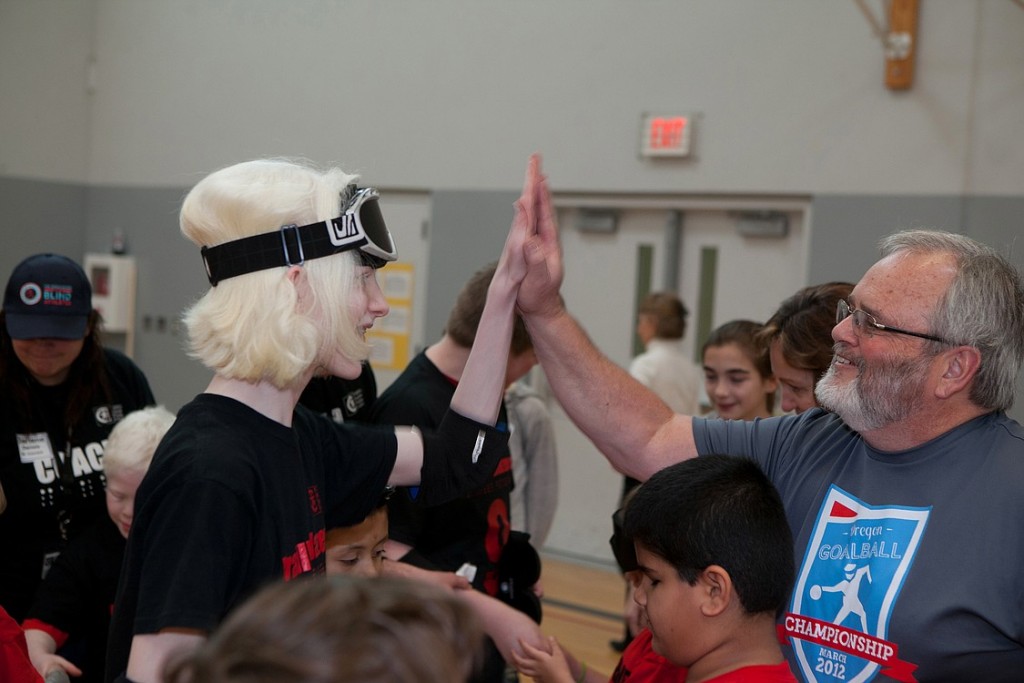A local resident is the newest board member for the Northwest Association of Blind Athletes.
Teresa Lawwill, of Camas, recently agreed to join the board of directors. She previously served the association by volunteering on the auction committee.

A local resident is the newest board member for the Northwest Association of Blind Athletes.
Teresa Lawwill, of Camas, recently agreed to join the board of directors. She previously served the association by volunteering on the auction committee.